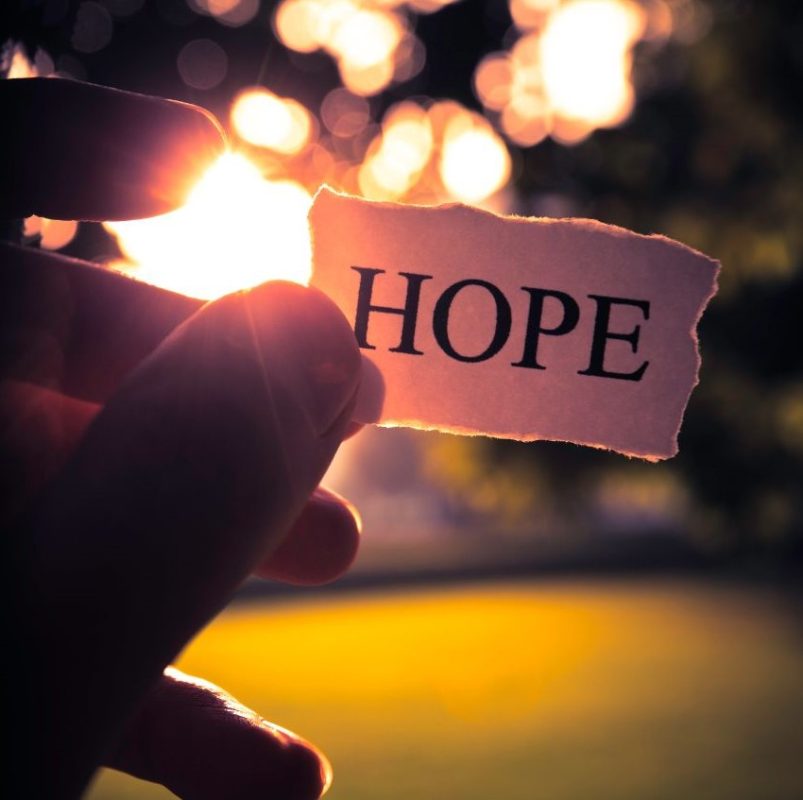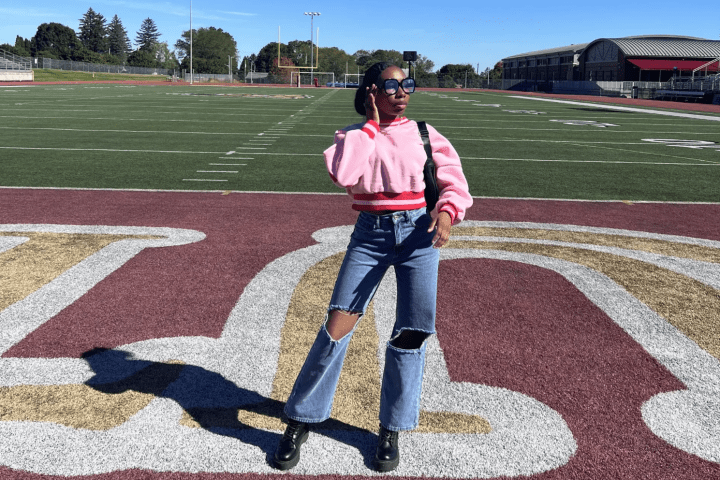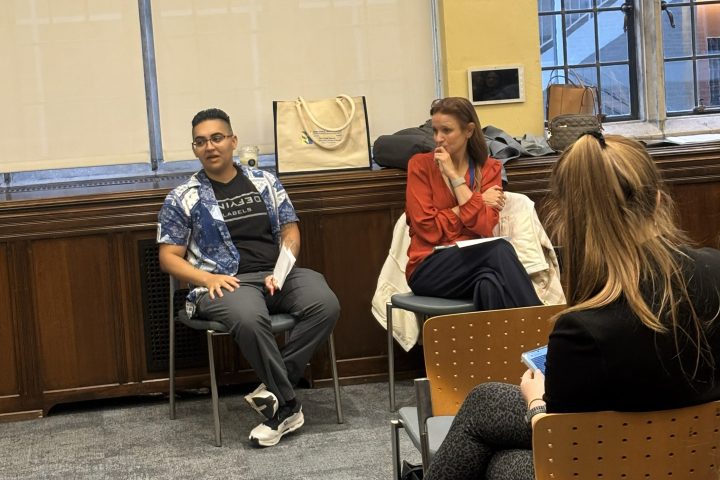Hope in Policy and Practice: Reflections From My Internship at the Field Center for Children’s Policy, Practice & Research

Introduction: Finding Hope Amid Despair
In an era when the media often narrates crises, failures, and despair, it is easy to lose sight of hope. However, during my internship at the Field Center, I was frequently reminded that meaningful changes are possible and still happening. Through research, media, and events, I witnessed the spirited efforts of professionals and advocates working to improve the lives of children, youth, and families connected to the foster care system. This experience not only deepened my understanding of systemic challenges but also gave me a sense of hopefulness and confidence that our efforts can make a difference.
Compounded Challenges for Youth in Foster Care During COVID-19
As part of a team conducting a scoping review on older youth in foster care during COVID-19, I examined how older youth in foster care were impacted by the pandemic across multiple life domains, including housing, education, employment, and mental health. The COVID-19 pandemic magnified the vulnerabilities of these young people. Many were left to navigate the crisis without stable housing, adequate technology for online learning, or consistent emotional support from friends and adults. As a future policy professional, I found this frustrating but also motivating. Without high-quality, inclusive data, we risk creating policies that fail to center the needs and voices of the individuals most impacted.
Hope and Resilience in the Foster Care Community
During the internship, I was continually reminded that while systemic challenges exist, there are always countless stories of resilience, love, and transformation that deserve to be shared. The Good Stuff in Child Welfare, the Field Center’s monthly newsletter, introduces inspiring, uplifting achievements in child welfare, such as graduation celebrations and employment programming for youth in foster care, organizations creating new support models or building homes, and communities showing up for one another. These powerful stories in The Good Stuff lift up a spirit of positivity. In addition, participating in the Field Center’s Aging Out Podcast was one of the most inspiring experiences of my internship. I was honored to interview Fritzie Saintoiry, the President of Genesis Hopeful Haven in Florida, who shared how she turned personal grief into action by establishing a safe haven for young adults leaving foster care. I learned how relational support, housing stability, education, and mentorship can help young people transition out of care. Interviewing Fritzie and listening to other episodes reminded me that policy is not just paperwork–it is people’s lives. The leaders we interviewed showed how love and compassion can become powerful tools of meaningful change.
Mobilizing Voices for Change
Attending Legislative Education and Advocacy Day (LEAD) on March 25, 2025, in Harrisburg, PA, illuminated how real policy can change through collective action. Through discussions with state legislators and children’s advocates, I came to realize a crucial truth: Of the many bills introduced each year, those that move forward are the ones backed by widespread public support. In the early stages of the legislative process, advocacy plays a significant role in collaborating with diverse stakeholders and shaping the agenda. Yet the work doesn’t stop there. Effective advocacy requires data-driven research, compelling grassroots stories, and solid rationales. This experience affirmed that meaningful progress is not spontaneous. It is built by persistent voices, strategic efforts, and shared hope for a better future.
Conclusion: The Power of Hope in Action
More than anything, my time at the Field Center taught me that hope plays a powerful, essential role in making a difference. We can find hope in the stories of individuals with lived experience in foster care and the work of leaders at foster care organizations. We can find hope in research and policy that center the lived experiences of the marginalized. And when we choose to act on that hope, we begin to see meaningful changes take root in systems, communities, and everyday lives. I carry this lesson forward as a calling: to keep listening, keep learning, and keep choosing hope.


